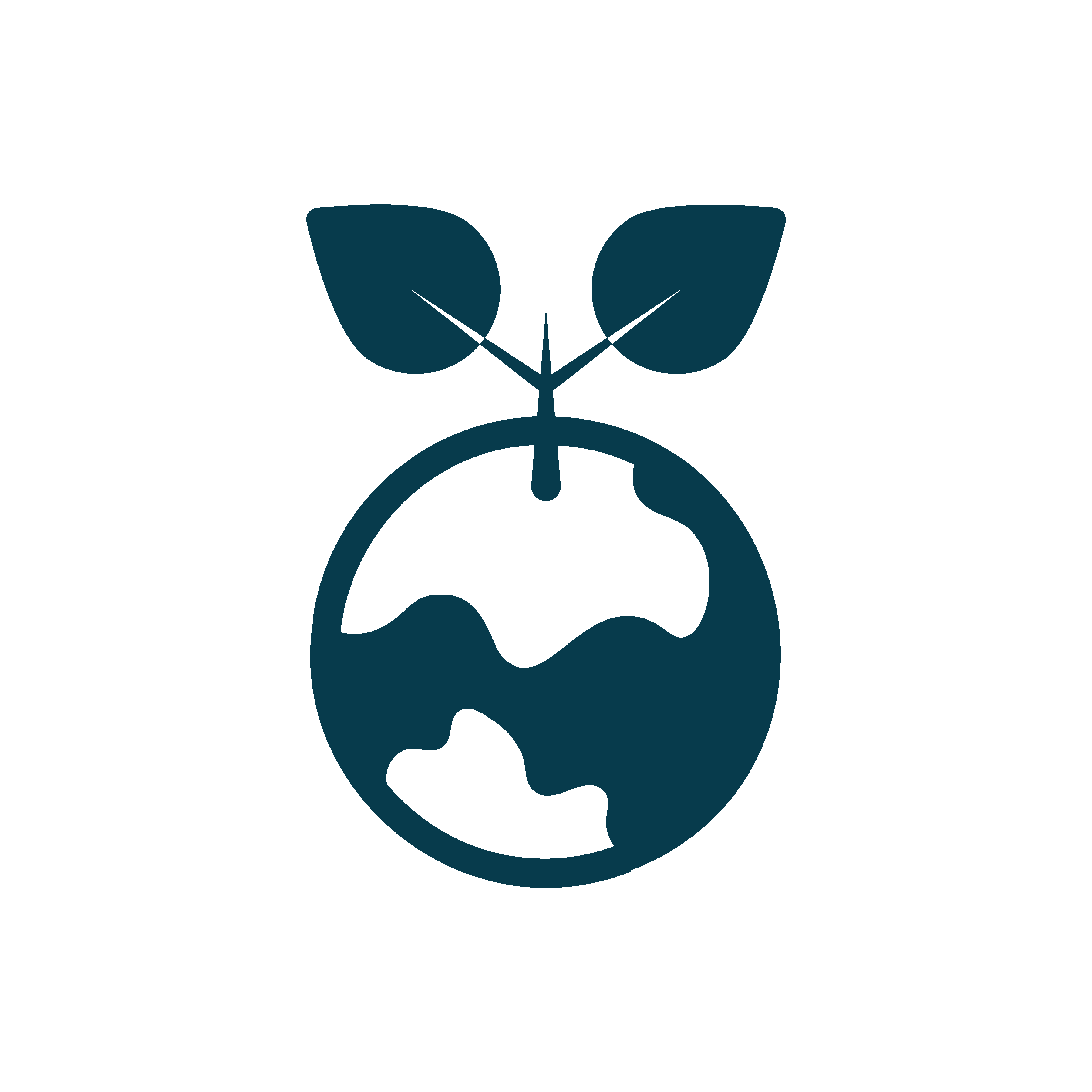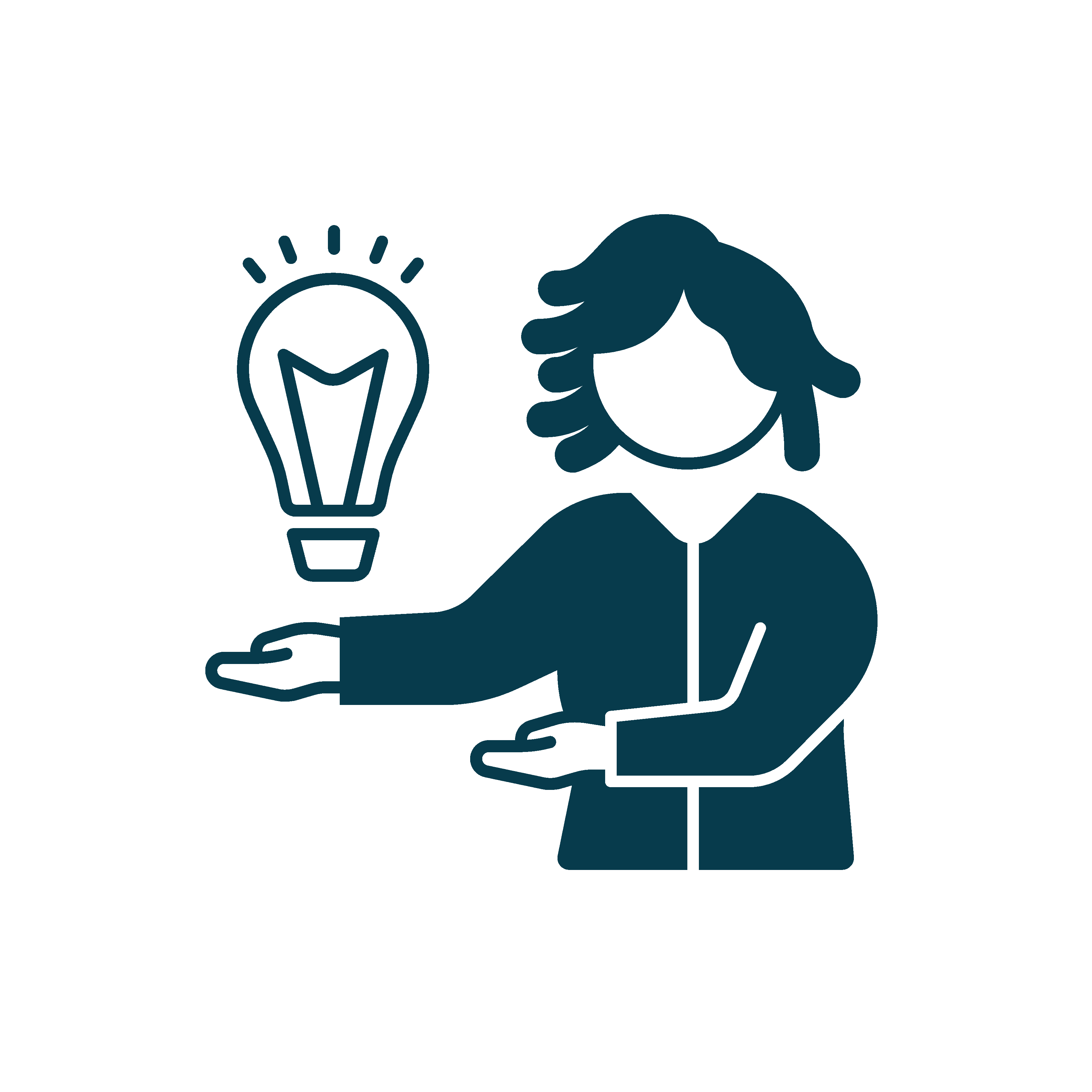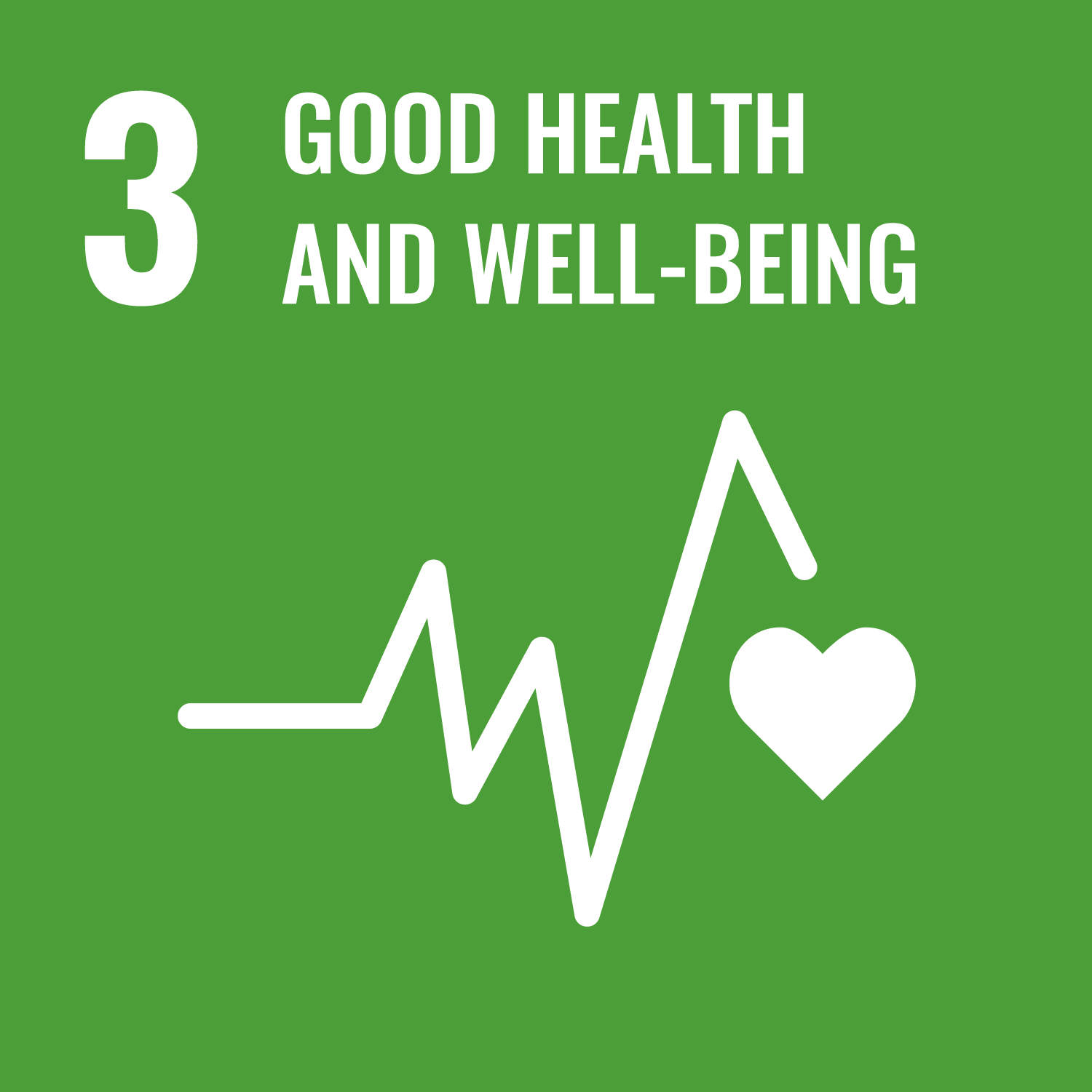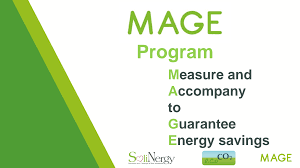There is increasing evidence that women and women-led households are disproportionately affected by energy poverty. The main objective of EmpowerMed was to contribute to the energy poverty alleviation and health improvement of people affected by energy poverty in the coastal areas of Mediterranean countries, with a particular focus on women. The project implemented practical solutions tailored to empower over 4,200 households of women and other vulnerable groups to manage their energy consumption and improve their access to appropriate energy resources.
EmpowerMed assessed the efficiency and impacts of the implemented practical energy poverty alleviation measures to formulate local, national and EU policy recommendations and promote the policy solutions at local, national and EU level among 220 decision-makers, 560 social actors, 100 utilities, 180 health experts and 100 energy poverty experts. The local authorities in pilot areas were involved in the implementation phase by connecting project activities to local actors.
EmpowerMed developed the following activities:
- Collective advisory assemblies that gathered about 20–30 people affected by energy poverty to transfer and exchange knowledge and skills about energy use, reading energy bills, implementing simple measures for energy savings, and changing energy providers. This community approach used the collective intelligence of the network.
- Household visits with energy audits, package of devices and tailor-made advice. The advisers checked the energy and water bills and discussed the household’s habits in energy and water use. They identified potential for saving energy and water and implemented low-cost measures by installing free devices.
- A variety of do-it-yourself solutions, such as workshops for self-installation of photovoltaic panels, DIY reading of smart meters and DIY small low-cost measures.
- Assessing feasibility and providing support for accessing financial schemes for energy poverty for renovation, renewables or energy efficiency.
- Health workshops that helped health experts and practitioners detect the health impact of energy poverty and equipped them with simple measures to reduce the negative impact or direct people to further assistance programmes.
EmpowerMed was a good example of the empowerment of vulnerable groups. With a budget of over 1 million euros, the project was set to:
- Empower 10,200 people to tackle energy poverty.
- Achieve primary energy savings of 6.5 GWh annually.
- Reduce emissions by 1,600 tonnes of CO2 annually.
- Train 420 key actors.
- Invest € 135,000 in sustainable energy triggered by the project.
- Achieve €780,000 in savings for households.
- Free 50 people from debt or disconnections.
- Contribute to 8 policies and measures.
Some constraints during the project were related to accessing households due to the COVID-19 pandemic and trust building with vulnerable groups due to their past experiences with bureaucracy.
Main beneficiaries: children, disabled, elderlynergy-poor, gender-oriented, policy makers and practitioners
-

-
 Countries impacted:
Countries impacted:
AlbaniaItalySpainFranceCroatiaSloveniaGermany -
 Geographical scale:
Geographical scale:
National -
 Energy poverty phase:
Energy poverty phase:
ImplementationDiagnosisPlanning -
 Intervention type:
Intervention type:
Consumer Advice, protection and empowermentMonitoring and Impact AssessmentPolicy Support -
 Professionals involved:
Professionals involved:
Social workerEngineerVolunteer -

-
 Type of funding:
Type of funding:
European funds from the H2020 programme of the European Union -
SDGs addressed:






